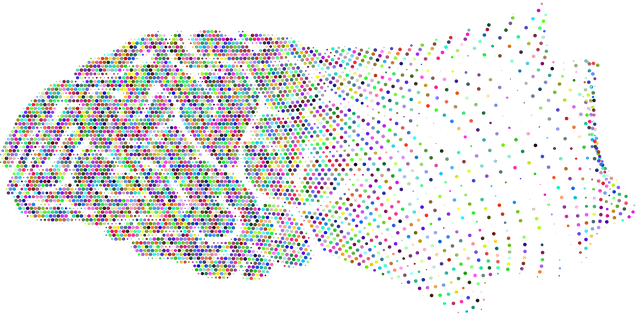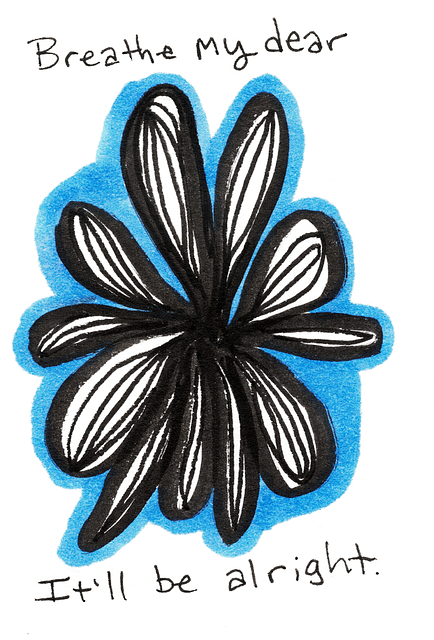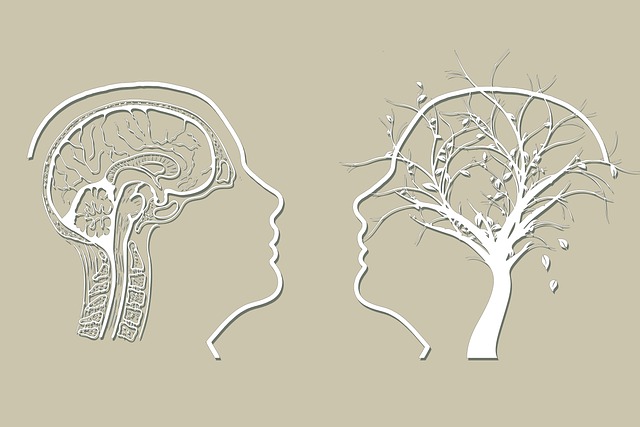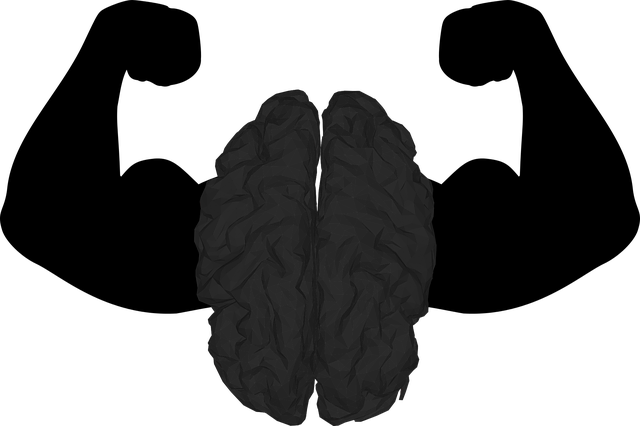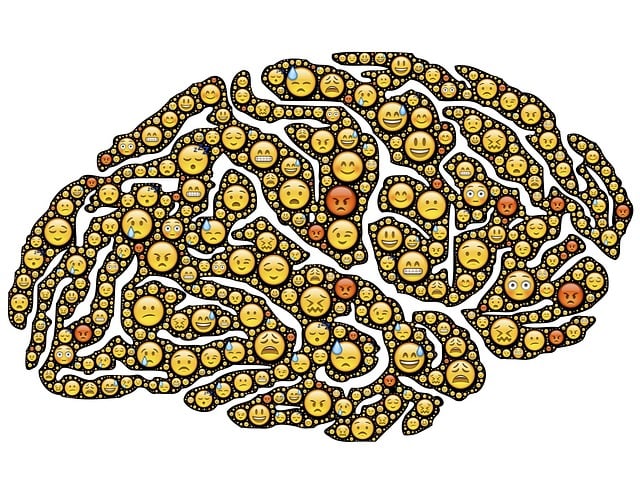Westminster ADD-ADHD Therapy offers a revolutionary Resilient Focus Management (RFM) model integrating Compassion Cultivation Practices and Burnout Prevention Strategies for optimal patient care. This structured framework assesses Risk, Functioning, and Maladaptation, focusing on emotional intelligence, empathy building, and resilience to enhance traditional therapy. RFM's practical tools, like gratitude practices and journaling, empower individuals with ADHD/ADD to manage symptoms, improve quality of life, and build a supportive network, aligning with Mental Health Policy Analysis and Advocacy for inclusive healthcare environments.
Resilience is a vital tool for managing conditions like ADHD and ADD, and RFM (Resilience, Flexibility, and Mindfulness) exercises offer an innovative approach. This article explores how RFM enhances resilience, focusing on its impact on individuals with ADD/ADHD. We’ll delve into practical exercises, their integration into Westminster ADD-ADHD Therapy, and real-life success stories. By understanding RFM’s role, you’ll discover effective strategies to foster adaptability and emotional agility, ultimately improving overall well-being.
- Understanding RFM and Its Role in Resilience Building
- The Impact of RFM on Individuals with ADD/ADHD
- Practical Exercises to Enhance Resilience Using RFM
- Incorporating RFM into Westminster ADD-ADHD Therapy
- Success Stories: Real-Life Benefits of RFM Exercises
Understanding RFM and Its Role in Resilience Building

Resilience is a vital asset for individuals navigating life’s challenges, especially those with conditions like ADD-ADHD. Understanding Risk, Functioning, and Maladaptation (RFM) is key to building this resilience. RFM, as explored in Westminster ADD-ADHD Therapy, provides a framework to assess an individual’s risk factors, their current functioning, and potential areas of maladaptation. This comprehensive approach helps therapists and individuals alike to identify specific challenges and design targeted interventions.
By integrating Compassion Cultivation Practices into therapy, professionals can foster resilience through cultivating empathy, self-compassion, and a sense of connection. Additionally, Burnout Prevention Strategies for Healthcare Providers are essential as they ensure that mental health professionals maintain their own well-being, which is crucial for providing effective care. A thorough Risk Assessment for Mental Health Professionals should also be conducted to mitigate potential risks within the therapeutic setting, further reinforcing a supportive environment conducive to resilience building.
The Impact of RFM on Individuals with ADD/ADHD

For individuals with Attention Deficit Hyperactivity Disorder (ADHD) or Attention Deficit Disorder (ADD), the Resourceful, Flexible, and Resilient (RFM) model offers a transformative approach to enhancing their mental health and overall well-being. Westminster ADD-ADHD Therapy has recognized the significant impact that RFM can have on this specific demographic. By focusing on these three key dimensions, individuals with ADHD/ADD can develop essential skills for navigating challenges and improving their quality of life.
Emotional Intelligence and Empathy Building Strategies are integral components within the RFM framework. This approach helps clients understand their emotions, manage them effectively, and foster better connections with others. Through therapy sessions, individuals learn to recognize triggers and develop coping mechanisms, which are particularly beneficial for managing symptoms associated with ADD/ADHD. Moreover, RFM encourages resilience, teaching individuals to adapt and bounce back from setbacks, a crucial aspect of Mental Health Policy Analysis and Advocacy, ensuring that those with ADHD/ADD can lead fulfilling lives despite facing unique challenges.
Practical Exercises to Enhance Resilience Using RFM

Building resilience is a crucial aspect of mental wellness, especially for individuals navigating challenges such as Attention Deficit Disorder (ADD) or ADHD. Westminster ADD-ADHD Therapy offers practical exercises grounded in the RFM model to foster resilience. Here’s how this approach can be beneficial.
The RFM framework focuses on Reframing perspectives, building Robust coping strategies, and cultivating a Supportive network. For instance, reframing involves changing one’s mindset from seeing setbacks as failures to viewing them as opportunities for growth. Exercises might include daily gratitude practices or journaling prompts that encourage individuals to reflect on past challenges and identify lessons learned. Mental health education programs designed around RFM can empower people with the tools to manage stress and adversity effectively. Additionally, promoting positive thinking is integral to this process, helping individuals develop a more optimistic outlook and enhance their overall mental health.
Incorporating RFM into Westminster ADD-ADHD Therapy

Incorporating RFM (Resilience, Flexibility, and Mindfulness) into Westminster ADD-ADHD Therapy offers a holistic approach to supporting individuals with Attention Deficit Hyperactivity Disorder (ADHD). This evidence-based methodology enhances traditional therapy by providing practical tools for managing symptoms and improving overall well-being. By integrating RFM practices, healthcare providers in Westminster can offer tailored interventions that boost confidence and emotional regulation, addressing the unique challenges faced by those with ADHD.
The inclusion of RFM within ADD-ADHD therapy aligns with the growing recognition of cultural competency in healthcare. This approach respects diverse backgrounds and experiences, ensuring that therapeutic strategies are inclusive and effective for all clients. Through RFM, Westminster’s ADD-ADHD Therapy can empower individuals to develop resilience, navigate daily stressors with greater flexibility, and cultivate mindfulness—skills that contribute to improved focus, reduced impulsivity, and enhanced quality of life.
Success Stories: Real-Life Benefits of RFM Exercises

Many individuals with Attention Deficit Hyperactivity Disorder (ADHD) have found success and improved quality of life through Resilient Focus Management (RFM) exercises. These techniques, often incorporated into Westminster ADD-ADHD Therapy programs, offer practical strategies to manage symptoms and enhance focus. Success stories abound, with people reporting better concentration in daily tasks, improved time management skills, and increased productivity at work or school.
The benefits extend beyond the individual, as enhanced resilience through RFM can positively impact various aspects of life. This includes better conflict resolution techniques, which are valuable not only for personal relationships but also in professional settings, especially with diverse groups. The development of these skills contributes to improved public awareness campaigns and cultural competency training among healthcare providers, fostering a more inclusive and supportive environment for individuals with ADHD.
Resilience is a powerful tool for individuals with ADD/ADHD, and RFM (Recollection, Feeling, and Meaning) exercises have proven to be an effective method for building it. By combining these practices with Westminster ADD-ADHD Therapy, we can significantly enhance a person’s ability to cope with challenges. The practical exercises outlined in this article offer a simple yet profound way to navigate life’s storms, as evidenced by the success stories shared. Incorporating RFM into therapy provides a holistic approach, fostering both emotional intelligence and adaptability—essential skills for personal growth and well-being.
